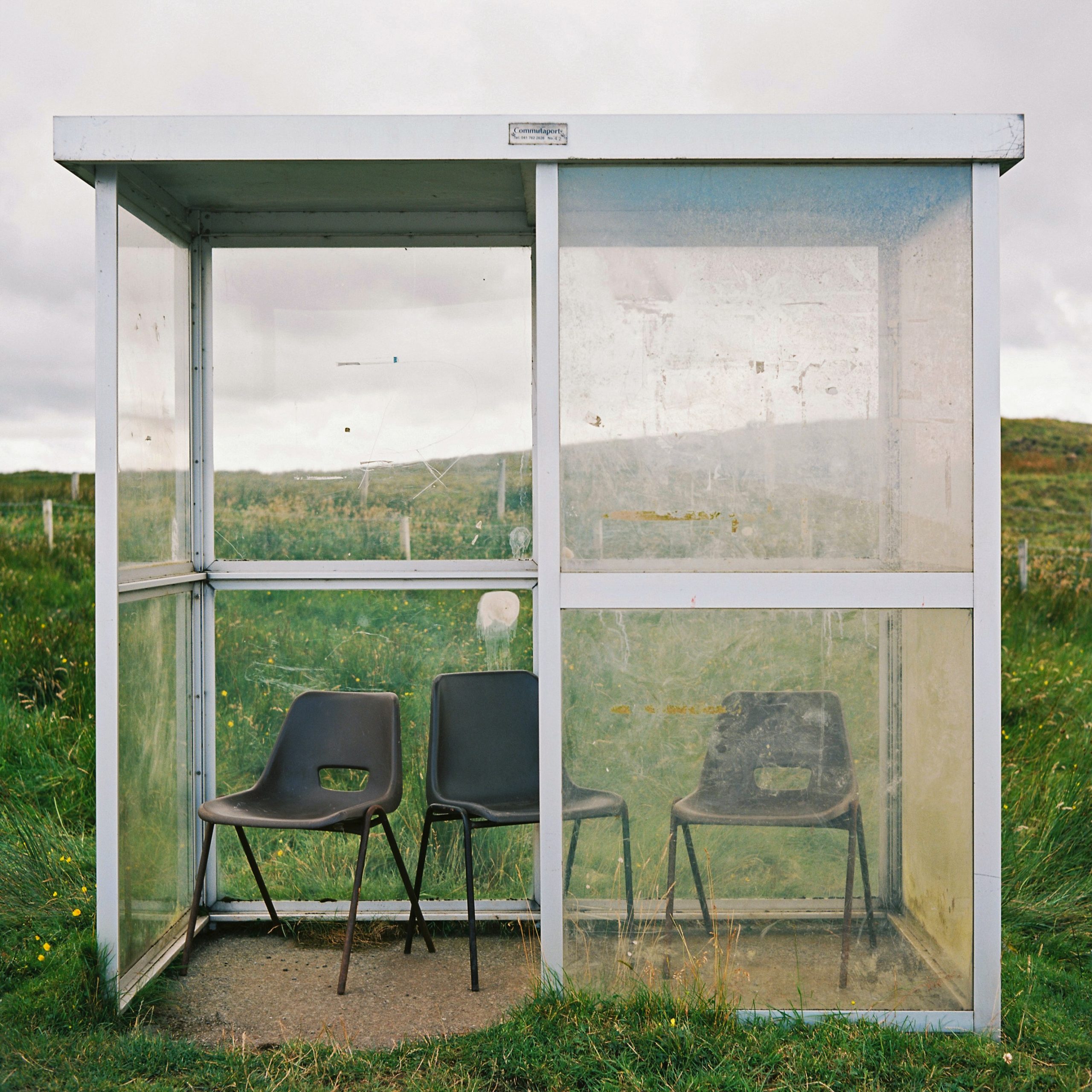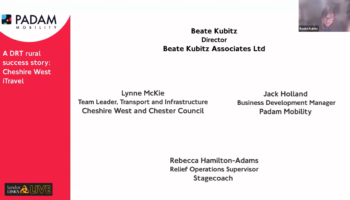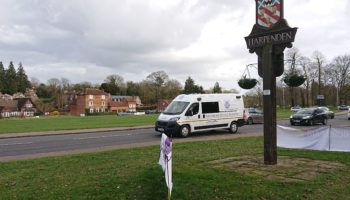The UK government announced a £2 bus fare cap across England to save passengers money.
With many DRT fares based on distance, this cap could benefit rural passengers who generally travel much further distances between their homes and education, employment and services and often for leisure and social purposes because of the dispersed nature of these areas.
Whilst urban dwellers travelled an average of 4.89 miles per trip according to the 2021 National Travel Survey, people living in rural villages, hamlets and isolated dwelling travelled 8.38 miles per trip on average. Rural travellers made slightly more trips on average per person by a small margin (769 vs urban travellers’ 748) they also travelled the furthest distance on average with 6,449 miles per person in 2021, compared to the average for urban conurbations where people travelled 3,661 miles per year on average. Whilst these were the most extreme differences, people living in rural towns and fringe areas lie in between with 6.57 miles per trip (making on average 751 trips totalling 4,935 miles per year) and urban city and town dwellers travelling 5.84 miles on average (a total of 4,456 miles over 763 trips per year).
Car ownership and use is also markedly higher in rural areas – correlating strongly with poor or absent of public transport.
At the same time, recent trials of DRT in rural areas have shown there is demand for bus services when they are reliable and get people to the places they need to be at the times they need to be there. Often though, where fares are set per mile, this can mean several pounds per trip.
The £2 cap could shrink the costs of DRT to passengers and increase the take up of DRT even further, helping to accelerate change in rural areas and reduce car dependency.
Details of how the cap will be administered are yet to be published. But as the appetite to use buses grows, we need to ensure that the cap is fully funded so that this new demand can be met.
This article could also interest you: It’s time to rethink our regulations



